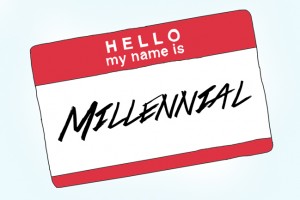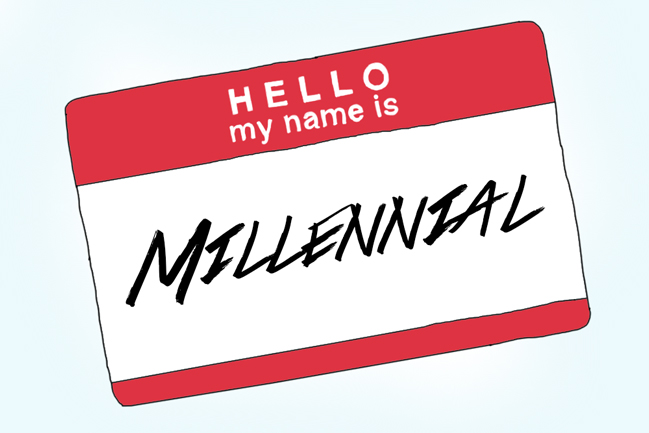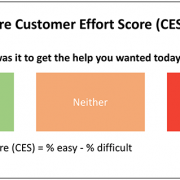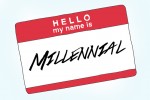Millennials and Customer Service
Of course, everyone wants good customer service, but what does good customer service mean to the millennials? Let’s look at some findings.
When asked what is the preferred method of communication for customer service? we find that many consumers prefer that companies use mobile messaging (SMS, WhatsApp or other service) as they are «immediate, brief, concise.» To keep in mind, millennials like fast contact.
Other millennials like to have the chance to talk to a representative. But there is something that distances them from making calls and it’s the very long waiting periods. But, they would only call the customer service if there are any inconveniences that they can not solve themselves.
How do they feel about having contact centers elsewhere?
Nothing to worry about, because millennials do not care where the contact center is located because they understand that we are in a globalized world, and the fact that the contact center is in Cordoba, Dominican Republic or in Buenos Aires is part of that globalization. Of course, if when you call you are understanding and friendly, you will get better results, no matter where the call center is. «It’s about getting the problem resolved, not where they are located,» said Joe, one of the millennials consulted.
Good or bad customer service for a millennial can mean many things. Currently, there are many ways to contact companies for customer service: Instagram, Twitter, Facebook, a message via Facebook or email.
In the case of the brand Sephora, it also has a forum called Sephora Beauty Talk, which is a great way to ask a general question and get answers from users and moderators.
By sending a message through Sephora’s Facebook Messanging, you get a pretty quick response, usually within 3 hours, compared to the longer time that takes the email.
If someone wants to publicly embarrass a company, he posts it on their Facebook page and gets a quick response. Even if a millennial adores the brand, he will not stop shaming it publicly, if it makes a mistake.
What are the millennials’ expectations regarding response time?
In general, the response time needed for customer service for millennials is very subjective, depending on the product and the situation. For example, if it’s the customer service of a clothing brand, it is not as urgent compared to the customer service of a technology company, which in general should be much faster.
Some millennials expect the response to be faster if the channel used is the social network, since when they choose that means of communication with the company is because a quick response is needed.
This is not the case for smaller companies, as it is understood that small businesses have other challenges. Instead of choosing the public humiliation of a message on the Facebook wall, millennials send private messages. Millennials understand that, in this case, small businesses may not have the resources to have people attending exclusively to queries or claims on social networks.
Are review sites, like Yelp, a place of public humiliation?
These sites can be useful to the consumer as they show reviews, both positive and negative about various companies. And something that is also very interesting, is how the brand reacts to the bad ones. But, for many millennials, it has more impact leaving a bad review on social networks than on sites like this.
When a company’s customer service faces a crisis, it is usually not something unforeseen, even if the company claims it is. It’s not possible to find a way out of the crisis, taking care of just that moment. If a company does not care about all the times they interact with customers, worrying about just one is not going to help.
Do millennials have higher expectations than other generations regarding customer service?
Certainly, an aggressive or pushing salesperson, does not succeed with millennials. Every time a millennial gets in touch with customer service is because they really need it. They may want faster service, but they just want the information they are asking and see other generations who want to be more involved, who want more interaction with the customer service that leads to the sale.
If a product has to be explained to get someone to buy it, a millennial assumes that then, that productit is not worth.
This generation is more of «do it yourself». If the electric kettle gets broken, well, they don’t freak out, they just look for some tutorial in You Tube to solve it and that’s it.
They just want customer service for specific answers, not for everything. This is where brands should pay attention, analyze well how the institutional website works and make sure to have several solutions to various problems so that the millennials don’t give negative reviews.






